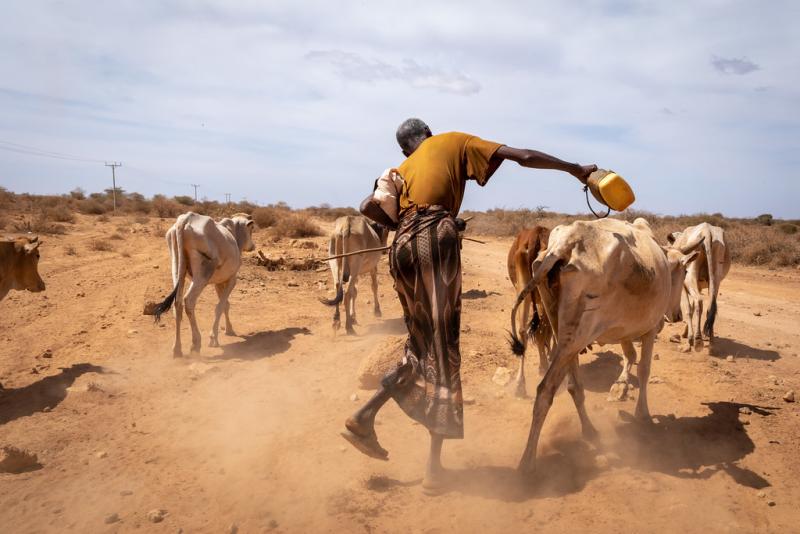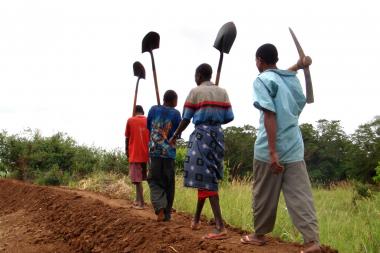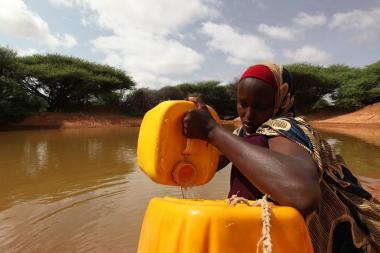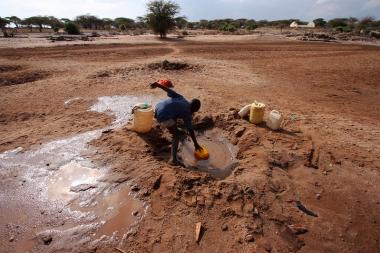Obstacles to and opportunities for anticipatory action in Somalia
This brief is the second in a series highlighting learnings from a longitudinal study on anticipatory action in Somalia.
With increasing interest in anticipatory action, it is becoming more important to understand what can be done, and when, to reduce or mitigate expected crisis impacts. The longitudinal learning by SPARC aims to inform that analysis by understanding better what information people have about which challenges may be coming their way, when they use various strategies to prepare for possible difficulties, and what constraints they face at different times.
This SPARC brief shares learning from regular interviews with a panel of households, including pastoralists, farmers and small-business owners in Somaliland, Puntland and South-Central Somalia. Initially, interviewing and analysis focused on the impacts of Covid-19 on Somali pastoralists and farmers in early 2020. Following warnings in late 2020 of a likely drought, the focus of interviewing shifted to how people were seeing the threat of drought and what they were doing as a result, to better understand the implications for anticipatory action. Respondents included pastoralists, agropastoralists, and farmers in rural and urban areas in Burao (Togdheer region, Somaliland), Galkayo (Mudug region, Puntland) and Jowhar (Middle Shebelle region, South West state).
The paper highlights these key findings:
The national emergency reached at the end of 2021 developed slowly as several shocks combined - locusts, the economic impacts of Covid-19 and three successive poor rainy seasons. Other more local shocks, such as riverine floods, exacerbated difficulties further;
Community networks are critical conduits of early warning information, particularly about floods and locusts. They also supported individual and joint actions to anticipate and respond to shocks;
People with different livelihood strategies (including pastoralists, agropastoralists and farmers) took different measures in an attempt to counter these threats. The timing of such actions varied in different parts of the country making it harder to design and deliver support for people’s anticipatory actions;
Aid actors engaging in anticipatory action should support and establish communication with communities’ own anticipatory initiatives before crises threaten, to ensure assistance can be relevant and timely.
This brief is the second piece of research from a longitudinal study on anticipatory action in Somalia. Read the first brief here.



